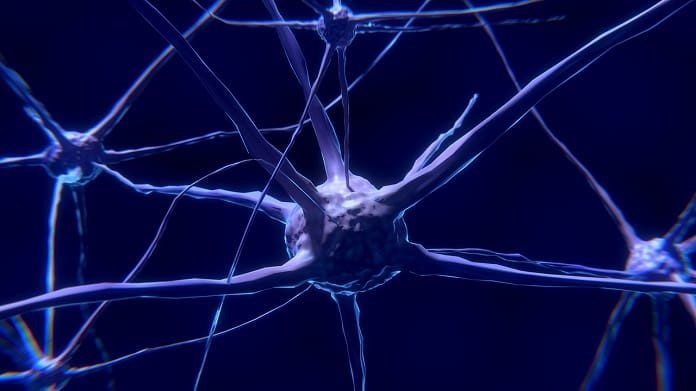Ebola virus disease has the ability to persist in the central nervous system even after it has been cleared from the rest of the body and can cause a relapse. Researchers tested whether recovered patients with neurologic symptoms still had viral loads in the central nervous system.
After the recent Ebola virus disease epidemic in West Africa, it has become clear that many complications of the disease have long-term effects. In particular, it has become clear that Ebola virus can persist in the central nervous system and ultimately cause a relapse.
In JAMA Neurology, Billioux and colleagues investigated the cerebrospinal fluid of patients who had survived Ebola virus disease. The cerebrospinal fluid surrounds the brain and spinal cord and can become a home for viruses and bacteria. Doctors can assess the presence and concentration of these viruses and bacteria by performing a lumbar puncture, in which they use a needle to drain cerebrospinal fluid from the lower back.
The researchers evaluated 165 patients who had recovered from Ebola virus disease for neurological symptoms and examined the cerebrospinal fluid of seven of these patients who had stable symptoms and no other conditions (such as HIV). The patients had been discharged from Ebola treatment between 364 and 459 days before the lumbar punctures took place. The researchers then used a real-time technique called reverse transcriptase–polymerase chain reaction PCR (RT-PCR) to detect, amplify and copy Ebola virus genes.
This important study provides the first systematic evaluation of cerebral spinal fluid in Ebola virus disease survivors. Billioux and colleagues found no evidence of Ebola virus in any of the cerebrospinal fluid samples. This may be a result of the relatively long period of time since discharge. It is also possible that the Ebola virus is present in the central nervous system but dormant. However, patients who show symptoms of Ebola virus disease relapse should have their cerebrospinal fluid monitored for the virus.
Written by C. I. Villamil
Reference: Billioux et al. 2017. Cerebrospinal fluid examination in survivors of Ebola virus disease. JAMA Neurology.



